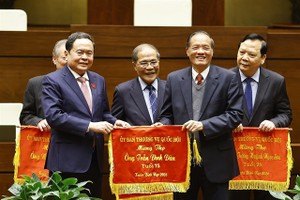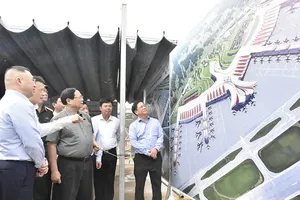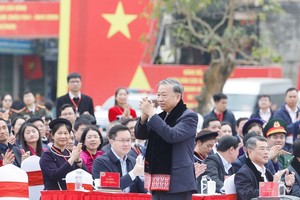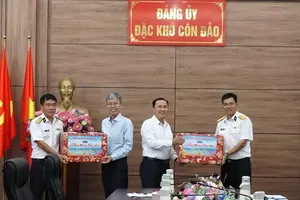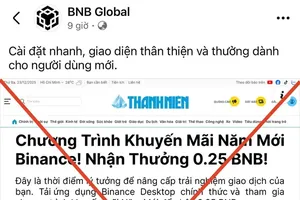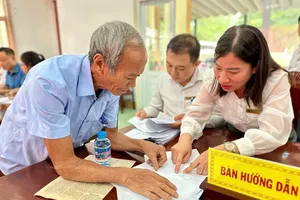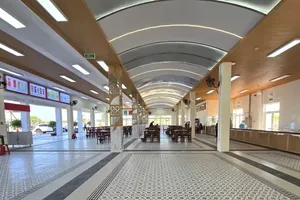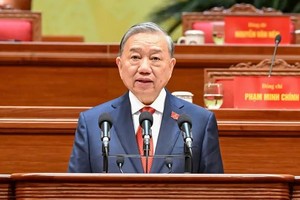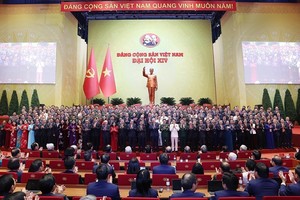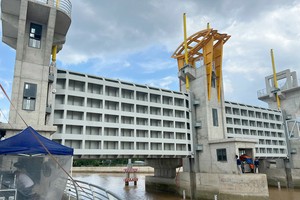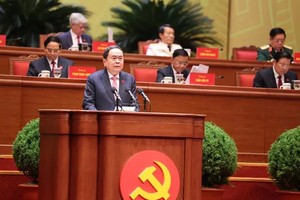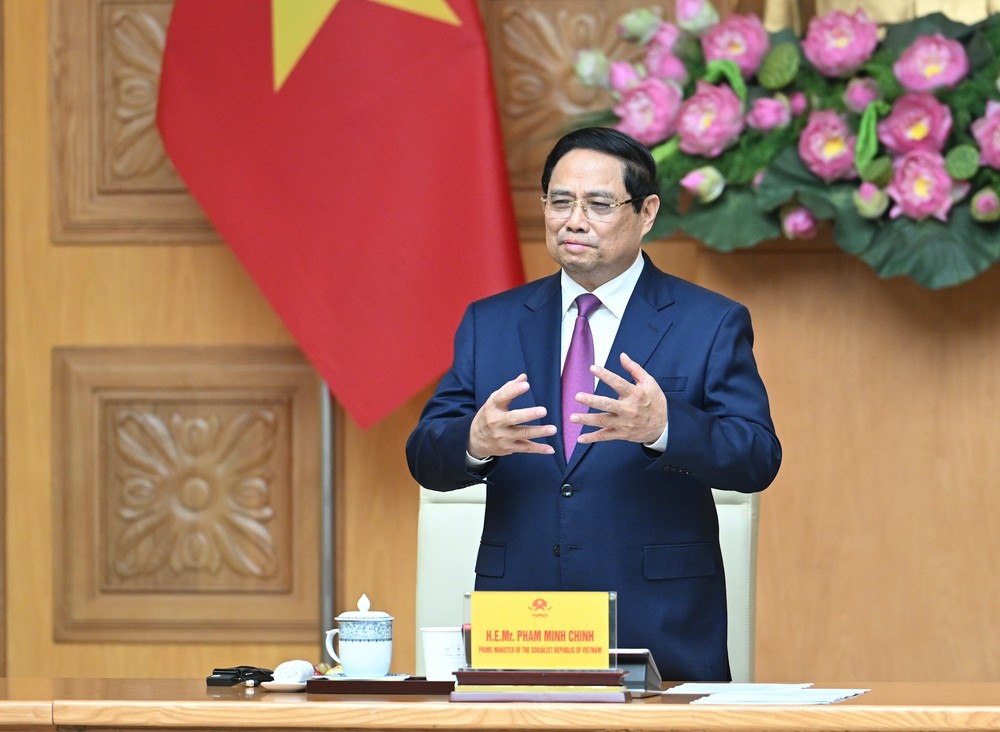
Vietnam will ensure macroeconomic stability and a supportive regulatory environment, pledging all possible support for investors to thrive, Prime Minister Pham Minh Chinh assured a delegation from the Semiconductor Equipment and Materials International (SEMI), which is in Vietnam for the 2025 SEMIEXPO, during a reception in Hanoi on November 6.
The meeting drew 32 executives from SEMI and its members, who represent 3,700 companies across the global semiconductor supply chain.
PM Pham Minh Chinh said Vietnam is pivoting to rapid, sustainable growth via green, circular, knowledge-based and digital economies powered by sci-tech, innovation and digital transformation, including semiconductors.
Vietnam targets at least 8 percent GDP growth in 2025 and double-digit expansion thereafter, requiring global partnerships in finance, talent development, transfer of technology and management know-how, especially in chips, he added.
According to him, Party General Secretary To Lam has repeatedly stressed Vietnam’s target of achieving rapid, sustainable development rooted in sci-tech, innovation, and digital transformation, with the goal of attaining technological autonomy and competitiveness in strategic sectors, especially semiconductors.
Vietnam already issued a national semiconductor industry development strategy through 2030 with a vision to 2050, plus a workforce development plan for the semiconductor sector, and a list of 11 strategic technologies and technological products. The country aims to launch its first chip manufacturing facility next year.
He urged SEMI and global players to trust Vietnam’s investment climate and scale up investments while proposing policies for mutual gains, a full semiconductor ecosystem, an R&D hub, and support to advance from testing and packaging into design, fabrication, and manufacturing, plus training of quality engineers and integration of local firms into global semiconductor value chains.
Vietnam will continue improving its regulatory framework, developing modern and synchronous infrastructure, enhancing management capability and workforce quality, and streamlining administrative procedures, including establishing a national one-stop investment service portal, he said, adding that Vietnam aims for a domestic semiconductor ecosystem that supports efficient, long-term investment.
The host spotlighted partnerships based on “balanced benefits and shared risks” and the principle of mutual listening and understanding, shared vision and actions, for collective wins and success.
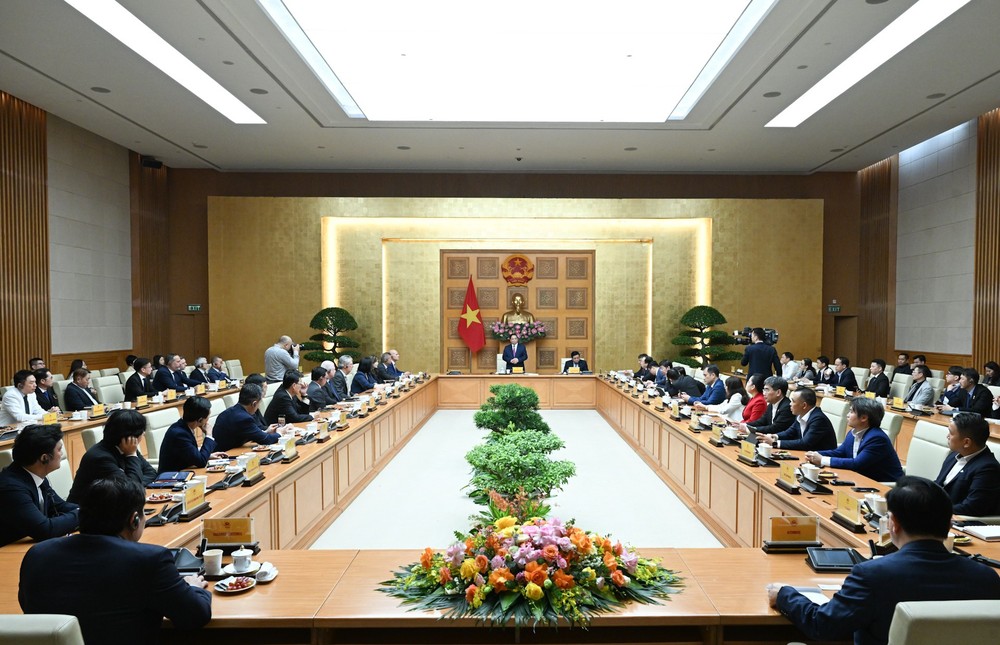
Dutch Ambassador to Vietnam Kees Van Baar, who is also chairman of the Southeast Asia Semiconductor Association, and representatives of international semiconductor companies said they were impressed with Vietnam’s recent socio-economic strides, especially its strategy for the sci-tech and semiconductor industry, which aligns with global trends and SEMI’s directions. They also voiced confidence in Vietnam’s semiconductor development policies.
They pressed for sharper regulations, simpler administrative procedures, English-language one-stop investment services, SME supply-chain access, and infrastructure like clean energy and digital grids, along with coordinated value-chain growth spanning research, testing, manufacturing, packaging, and artificial intelligence.
Keen to invest more, they suggested Vietnam set clear priorities and form a national semiconductor association to link Government, industry, and academia, driving policies, research, training, supply chains, capital, and a complete ecosystem to establish Vietnam as a global and regional chip hub.




